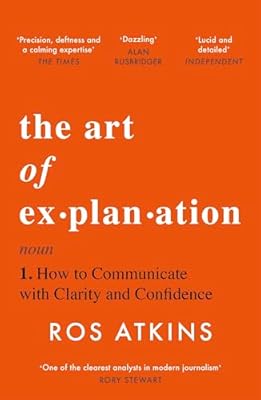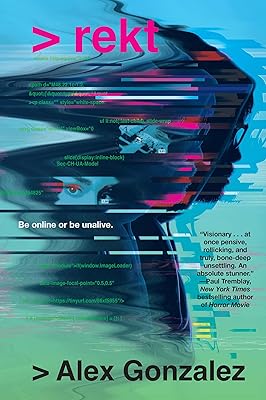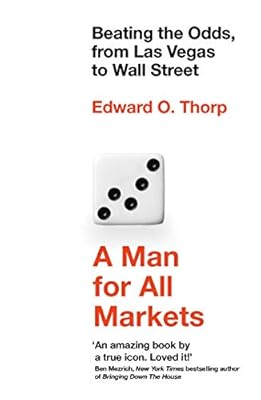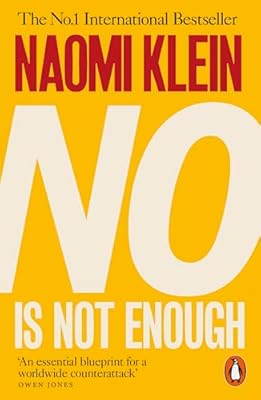July '25 Monthly Review
This post is a continuation of my series of monthly review posts - what I've been doing and all that kind of good stuff. Other entries in the 2025 series:
What's He Building In There?
It's edging closer and closer to that time of the year - I've added a very silly Nightmare Before Christmas countdown clock to the mini-site, and I've spent some time in the garage building some stuff. Secret for now though. Shh.
Running
The foot rehabilitation is going well and I've been able to pick up my running. The North Tyneside 10k is in September this year and I'm still targeting to complete it, but the goal is just that, regardless of elapsed time. Over the month I've progressed back up to five miles, and to be honest if you can do five, you can slow down a touch and do 6.4. Psychologically, it's good to know that it's achievable. Next month I'll continue slowly and get a 7 mile run in the bank.
Clover
Earlier in the year I ripped up some artificial turf out back (hence the need for foot rehab) and replaced it with a grass/clover seed mix. The grass shot up almost instantly, with just a small hint of clover in a few patches. We decided to let it all grow out, then this month it started looking a bit wild. I cut the grass back and all of a sudden the clover started coming through in really thick clumps!
I've since given this another mow, so it's back to looking more grass-y than clover-y. There's still plenty of sunlight for promoting growth, so I'm taking this all as a sign that what once was a plastic wasteland has now been restored to a healthy balance. There's a notable increase of insects in the garden and the birds like to sit and chill in the clover. It's also just nice to do something with your hands and see it come to fruition.
Big Win
The work that my team performed on the big proxy migration has been selected for a Big Win at work - these are the annual awards held across the Bank to celebrate teams who've achieved a signifcant outcome in a laudable way. That means next month I'll be suiting up once more to celebrate the win with the team. I'm incredibly proud of the team's efforts and it's great for their work to be recognised.
Media
The Art of Explanation by Ros Atkins

Ros Atkins gained a lot of plaudits during the UK's Brexit psychodramas with his short, punchy explainer videos. The BBC are known to be strict when it comes to editorial independence and impartiality - and while this is something they can't and won't always get right - where Atkins' work excels is in what he terms assertive impartiality. This is the idea that impartiality isn't about creating balance on a on-one-hand-this-on-the-other-hand-that approach, or a passive "he said, she said, it's up to you, dear viewer". It's about taking what's said, unpacking it, and balancing this against the facts of the situation.
Atkins' book details his systematic approach to explanation, from his experiences in TV and radio broadcast journalism:
A great explanation will include the essential details and the essential complexities – and do so in the simplest language possible.
Through a seven-point system that's easy to adopt (and difficult to master), Atkins explores how an explanation is delivered with respect to a target audience; and how the various 'strands' of information should be arranged, connected and transitioned between in such a way to resonate with that intended audience.
Anyone who's studied personal knowledge management will find familiar concepts in this workflow, such as chunking, sequencing, linking, distillation and synthesis. Personally, I have been consciously considering this workflow in my verbal and written communication at work. Although early in this journey, it's had a noticeable benefit.
Rekt by Alex Gonzalez

Rekt is a right weird book. The blurb says it is
A disturbing examination of toxic masculinity and the darkest pits of the Internet, about a young man’s algorithmic descent into depravity in a future that’s nearly here.
And it is and it isn't. I thought this was going to go off down the direction of Red Pill by Hari Kunzru, but it doesn't. The main character, Sammy, is disliked by his parents for being "cursed". He discovered his dead Uncle in the garage. His girlfriend is killed in a car accident. And then someone mysteriously sends him a link to a dark web site which has CCTV footage of her death.
He spirals further, discovering the site is a gambling den, in which the stakes are in how people die. It gets twisted, as Sammy experiences pleasure from showing others footage of their own deaths. It goes even further, because of course it does, and Sammy has a chance at redemption.
This is an entertaining story which is comfortable centering the narrative on a very flawed main character. I thought the story slowed down a little too much during the camper van period, and I think to get the most out of this story you have to have experienced the Internet at a particular point in time: broadband speed, nascent 'Web 2.0', back when the forums and message boards reigned supreme.
A Man for All Markets: From Las Vegas to Wall Street, How I Beat the Dealer and the Market by Edward O. Thorp

Thorp is an interesting character. A mathematical prodigy, a Professor, a tinkerer, a Casino gambler, Wall Street Hedge Fund manager. True polymath. This book is part autobiographical and part explanation into the financial markets leading up to the '08 crash. It would have been better to keep focus on the former.
I enjoyed reading about Thorp's work with Claude Shannon, him of Information Theory fame, building devices to beat the dealers in roulette, and developing simple and actionable counting mechanisms to establish when you have an edge in Blackjack. The main message is that Thorp took what he learned in the casinos and took it to the bigger casino on Wall Street, and that this understanding gave him the grounding to understand when there were hype bubbles and where to pick up edges. That's great, and a real interesting story of someone's life's work, but the latter requires so much explanation that it does detract from the core message.
No is Not Enough by *Naomi Klein

I first read The Shock Doctrine back in 2010 and recall Klein's amazing ability to pull several threads together into a cogent thesis of how they're Running the World. No is Not Enough is a curated and extended set of Klein's essays, articles and commentary from Trump's first presidency, making the case for a better alternative. This is not just the rejection of greed, exploitation and pollution, but what to say yes to: community, climate, co-operation.
The book builds up to the formation of The Leap Manifesto, which originates in Canadian politics. I suppose, looking back in 2025 and what's happened so far this year, it's hard to look at this book in an overly-positive light. The forces at play are still winning and further eroding democratic principles and institutions across the globe, alongside actively resisting efforts to tackle climate change. This doesn't make the work less timely or relevant - the analysis of why Clinton failed is astute, albeit different to Harris. If anything, it still serves as an ambitious and optimistic call to action.